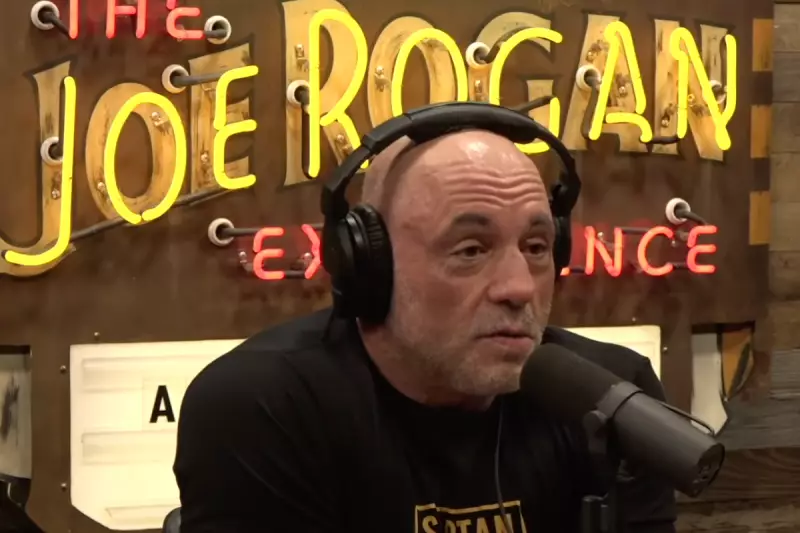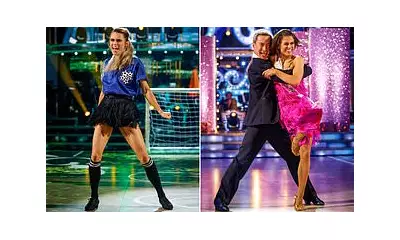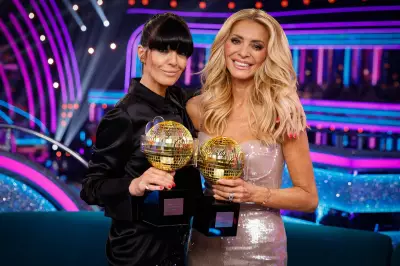
In a move that has sent shockwaves through the media landscape, podcast behemoth Joe Rogan has reignited his bitter feud with late-night television host Jimmy Kimmel. The controversy flared up during a recent episode of Rogan's immensely popular show, 'The Joe Rogan Experience', featuring conservative pundit Charlie Kirk.
The original conflict stems from comments Kimmel made on his ABC talk show regarding Covid-19 vaccine mandates. Kimmel appeared to criticise those hesitant about the vaccines, a stance that Rogan and his guest, Charlie Kirk, interpreted as a direct attack.
A War of Words Escalates
During the podcast, the conversation took a sharp turn. Rogan, without mincing words, launched a fresh offensive against Kimmel. He questioned Kimmel's authenticity and courage, culminating in the pointed suggestion that the TV host is a "snivelling coward".
Charlie Kirk amplified the criticism, accusing Kimmel of being a "useful idiot" for what he described as establishment narratives. This collaborative takedown marks a significant escalation from the initial disagreement, transforming it into a full-blown public spat between media titans from vastly different platforms.
The Heart of the Controversy
The core of the dispute lies in the highly polarised debate surrounding pandemic policies and personal freedoms. Rogan's platform, known for its long-form, often controversial discussions, has frequently challenged mainstream viewpoints on Covid-19. Kimmel's network television show, conversely, represents a more traditional media perspective.
This clash is more than just a personal feud; it's a stark representation of the cultural and political divides in contemporary America. It highlights the growing influence of independent podcasters like Rogan, who can command audiences that rival, and sometimes surpass, those of established television networks.
What Happens Next?
All eyes are now on Jimmy Kimmel and whether he will respond to Rogan's latest salvo on his own show. The ball is firmly in Kimmel's court, and his reaction—or lack thereof—will be widely scrutinised. This ongoing saga underscores the power dynamics in modern media and how personal conflicts can illuminate much broader societal debates.





